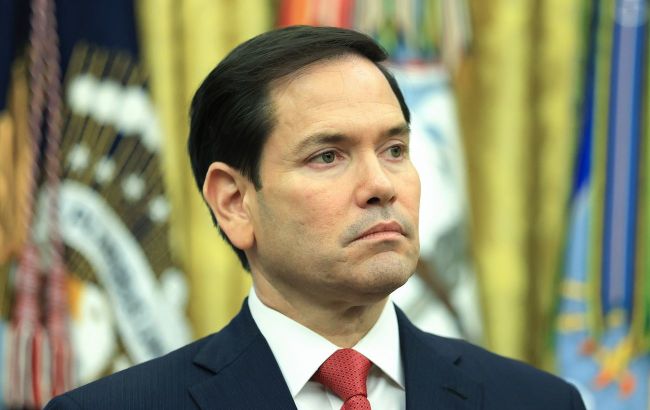US State Secretary says Washington running out of sanctions to impose on Russia
 Photo: US Secretary of State Marco Rubio (Getty Images)
Photo: US Secretary of State Marco Rubio (Getty Images)
The United States has almost exhausted its options for new sanctions against Russia. Now Washington is working on enforcing them, US Secretary of State Marco Rubio says after a meeting of G7 Foreign Ministers in Canada.
"There is not a lot left to sanction from our part. We hit their major oil companies, which is what everybody's been asking for. I don't know what more there is to do. We are running out of things to sanction in this regard," he says.
At the same time, the Secretary of State added that the US's European partners still have some potential for further action.
According to him, they can increase pressure on the so-called shadow fleet that Russia uses to circumvent oil restrictions.
Commenting on Russia's actions, Rubio says that the Kremlin has clearly shown what it wants - to capture the rest of the Donetsk region, which, according to him, is unacceptable for Ukraine.
The Secretary of State also stresses that Russia's missile strikes are aimed at destroying the Ukrainian power grid and demoralizing the population.
Rubio confirms that the US is in constant talks with Kyiv about supporting the power grid, in particular regarding the supply of equipment and defensive measures to protect it.
"If that equipment is ultimately destroyed a week after it's installed, that remains a problem. And that's been the history the last two or three years," the US Secretary of State says.
Sanctions against Russia
A few weeks ago, the US government imposed sanctions on two Russian oil giants, Rosneft and Lukoil. Almost immediately after the restrictions were imposed, the companies' shares began to fall sharply.
The sanctions will officially take effect on November 20, but their impact is already being felt by the Russian economy. In particular, Indian oil refineries have announced their intention to reduce purchases of Russian oil.
The UK has expanded its sanctions list against Russia, adding 40 more companies and individuals, including large energy companies, banks, and intermediaries that helped the Kremlin circumvent restrictions.

